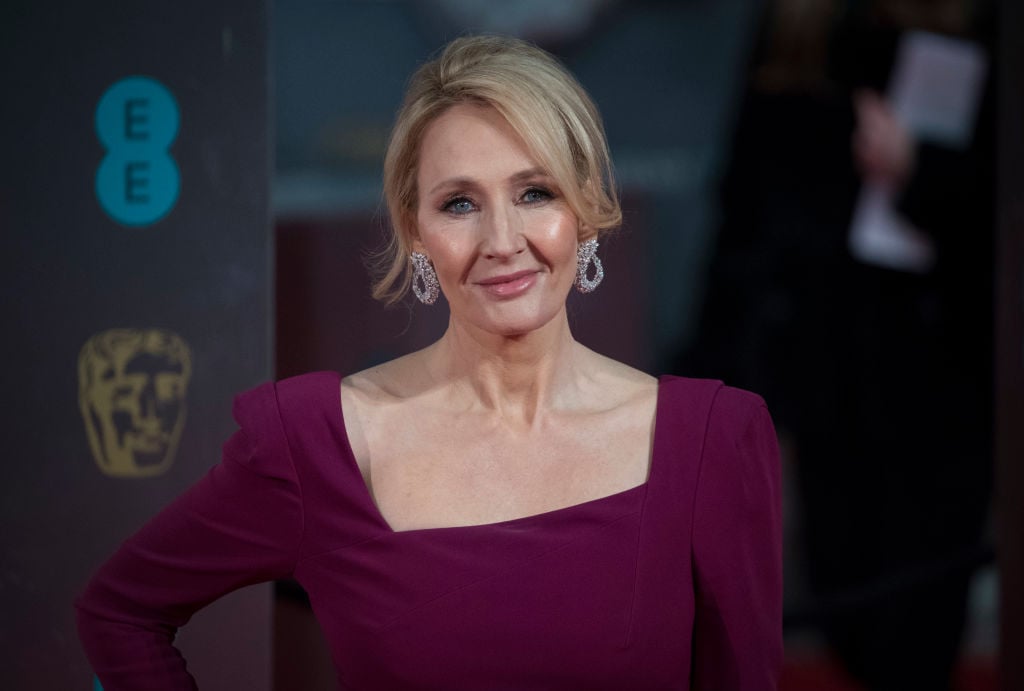How J.K. Rowling Should Have Handled ‘Harry Potter’ After ‘Deathly Hallows’
When Harry Potter and the Deathly Hallows — Part 2 premiered, excitement swept across the globe, but bittersweet reflection soon came in, transforming pleasure into grief. Fans of the franchise — adolescents who had grown up watching Harry, Ron, and Hermione fight death eaters and fend off Voldemort — had to say farewell to the wizarding world. It was as if the earth had shattered, leaving behind only memories and visions of a fantastical dream foregone. While the last book came out previously, the movie was the final piece. After the movie, it was over…or so many thought.

J.K. Rowling quickly began supplying supporting details to her world via social media and Pottermore. Side stories and extensions came flooding forward. And, if that wasn’t enough, fans received a half-baked play titled The Cursed Child. The production seemingly eschewed J.K. Rowling’s signature voice in favor of the playwriting tone inherent to her co-writers. And, who could forget Fantastic Beasts? Fans continued to receive pieces of Harry Potter, strands bringing them back to the world. Yet, it all felt like a plea from Rowling — a refusal to let a beautiful story lay peacefully in our memories, in our hearts. So, what should she have done instead?
For a while, Rowling should have done absolutely nothing
When you read a good book, or when you watch a good movie, it sits with you. It lingers in your mind as you go about your day, occasionally forcing its way to your frontal cortex, randomly inspiring a slight tear or a side smirk. Fans had this with Harry Potter, and J.K. Rowling took it from them.
J.K. Rowling created a critically acclaimed piece of work. And, rather than letting that legacy live on via a theme park and marathons on ABC Family, she yearned for more. She gave more details — some pleased fans, while others disappointed fans. And, Harry Potter enthusiasts were never in complete consensus.
At first, it was fun and exciting. Then, it grew old-hat. It became predictable. It became as if she was trying to maintain the story’s timeless nature via bits of “undisclosed” information. Yet, was it undisclosed, or was it new? Many questioned the veracity of such comments as time went on.
Then, The Cursed Child came out — adapting Rowling’s classic source material to fit a new narrative with the next generation of Potters, Weasleys, and Malfoys. It changed what fans believed, what fans new. And with J.K. Rowling’s name on it, they had to accept it as canonical. It was an extension, though critics argued that it read as fanfiction. As for Fantastic Beasts, one common utterance says it all: “It’s just not Harry Potter.” If J.K. Rowling did nothing, she could have ushered in a glorious return to the Wizarding World…way down the line.
J.K. Rowling should have returned to the Harry Potter narrative 2-3 decades later
If J.K. Rowling wished to keep Harry Potter alive, she could have penned books about the children — a new series with a new saga. But, she would have needed to leave enough time so that it felt completely finished. Too soon, and the original conclusion loses its value, its impact.
If J.K. Rowling wrote another series years later, another movie franchise could have surfaced. Radcliffe, Watson, and Grint could have played parents, and those who were once kids watching Potter could have brought their kids to see the new movies (after binging the original series at home).
Such an approach would have been beautiful; it would have united two generations (years apart) around a singular entity. Instead, she called upon the same generation too soon, changing the facts, and providing tales that would never be Harry Potter.


